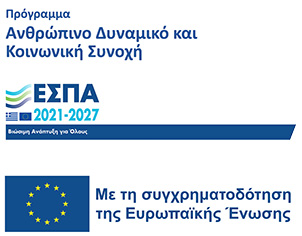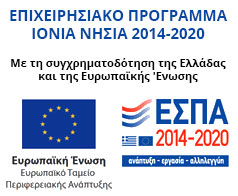Πρόγραμμα: Horizon 2020
Θεματική ενότητα: Υγειονομικές-Κοινωνικές Υπηρεσίες, Έρευνα
Αρμόδιος Φορέας: Horizon 2020, RTD
Περιγραφή:
Specific challenge: Vaccines offer a safe and cost-effective way to protect large populations against infectious diseases, or at least to mitigate the clinical course of these diseases. Furthermore, they may in combination with other treatment modalities contribute to an eradicative cure for HIV. Many poverty-related and neglected infectious diseases however continue to escape attempts to develop effective vaccines against them.
Disappointing results of recent clinical trials point to bottlenecks in identifying viable candidate vaccines, which if unaddressed will continue to present significant risks of failure at relatively late stages of the development process.
The specific challenge will be to shift this ‘risk curve’ in order to better select successful vaccine candidates (and discard those with a higher risk of failure) at an earlier stage of the vaccine development process, for preventive as well as therapeutic vaccines.
PHC-15-2015: Clinical research on regenerative medicine
Specific challenge: Translating basic knowledge on regenerative medicine into the clinic is held up by the difficulty in undertaking ‘first in man’ studies. Specific research is needed for proving safety, efficacy and repeatability of new treatments. The, very often iterative, dialogue between the relevant authorities and those developing regenerative medicine approaches is needed before specific regulatory requirements can be established.
As a new therapeutic field lacking established business models, financing is a particular obstacle to clinical-stage research in regenerative medicine. The challenge is to initiate a specific action to overcome this hurdle to in-patient research and to determine the potential of new regenerative therapies.
PHC-33-2015: New approaches to improve predictive human safety testing
Specific challenge: Current approaches assessing the safety of chemical substances in humans are expensive and time consuming, and may be of limited relevance as a predictor of adverse effects. Better approaches are needed both to improve the efficiency of predictive toxicological testing to address key areas of concern for human health and to meet regulatory requirements (e.g. EU legislations on REACH, cosmetics, biocides). Safety testing is of worldwide concern and therefore international cooperation may be an important element in addressing the challenge.
Keywords:
Health,testing,regeneration,vaccine,HIV
Τελευταία ενημέρωση: 13-02-2015 12:01




